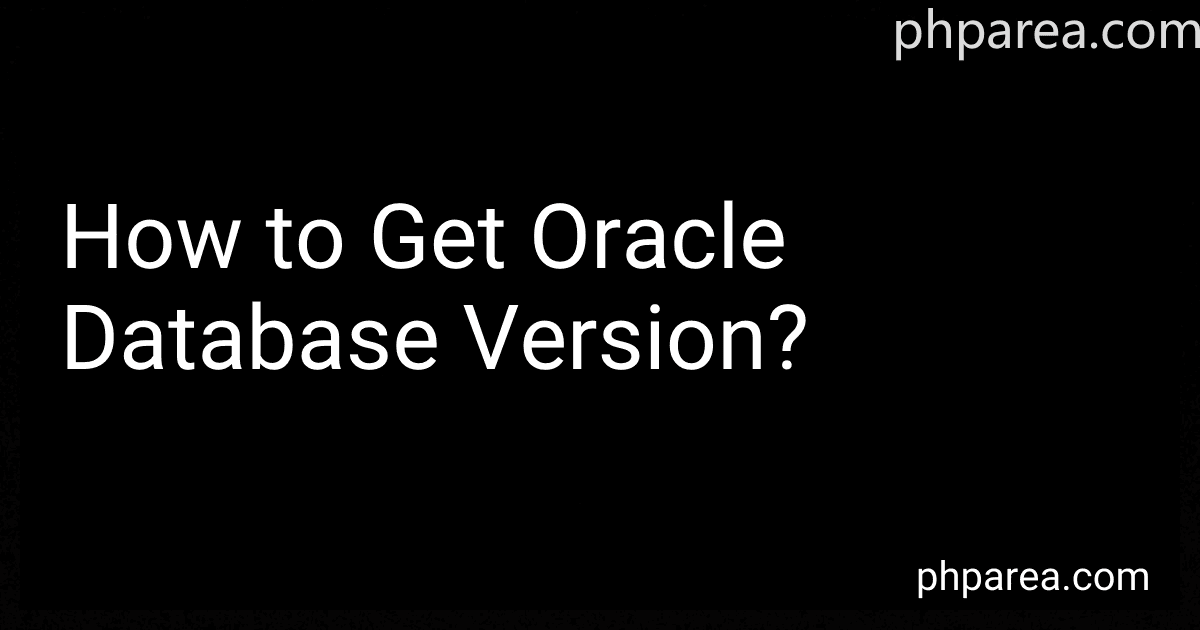Best Oracle Database Tools to Buy in February 2026
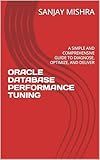
ORACLE DATABASE PERFORMANCE TUNING: A SIMPLE AND COMPREHENSIVE GUIDE TO DIAGNOSE, OPTIMIZE, AND DELIVER


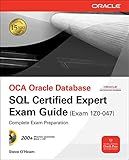
OCE Oracle Database SQL Certified Expert Exam Guide (Exam 1Z0-047) (Oracle Press)
- SAME-DAY DISPATCH FOR ORDERS BEFORE NOON-HASSLE-FREE SHOPPING!
- MINT CONDITION GUARANTEED-QUALITY YOU CAN TRUST!
- EASY NO-QUIBBLE RETURNS FOR CUSTOMER SATISFACTION!


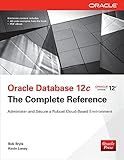
Oracle Database 12c The Complete Reference (Oracle Press)
- QUALITY-CHECKED: ENJOY READING WITH MINIMAL WEAR AND TEAR!
- AFFORDABLE PRICES: SAVE MORE ON GREAT READS WITHOUT BREAKING THE BANK!
- SUSTAINABLE CHOICE: CONTRIBUTE TO RECYCLING BY BUYING USED BOOKS!


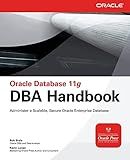
Oracle Database 11g DBA Handbook (Oracle Press)


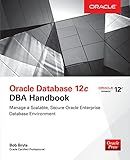
Oracle Database 12c DBA Handbook (Oracle Press)


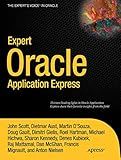
Expert Oracle Application Express
- AFFORDABLE PRICES ON QUALITY USED BOOKS FOR SAVVY READERS.
- ECO-FRIENDLY CHOICE: REDUCE WASTE BY BUYING PRE-LOVED BOOKS.
- RELIABLE CONDITION GUARANTEES FOR A SATISFYING READING EXPERIENCE.



Toad Pocket Reference for Oracle: Toad Tips and Tricks (Pocket Reference (O'Reilly))


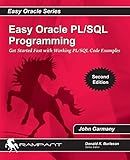
Easy Oracle PLSQL Programming: Get Started Fast with Working PL/SQL Code Examples (Easy Oracle Series)


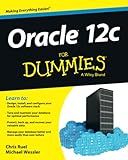
Oracle 12c For Dummies


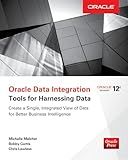
Oracle Data Integration: Tools for Harnessing Data


To get the Oracle database version, you can run a SQL query using the SQL*Plus tool or any other Oracle SQL query tool. Connect to the Oracle database using the appropriate credentials and then execute the following SQL query:
SELECT * FROM V$VERSION;
This query will return the version of the Oracle database that you are connected to. The output will include information such as the Oracle version, release number, and other details about the database version. This information can be helpful for troubleshooting, compatibility checks, and general administration of the Oracle database.
How to query Oracle database version information with SQL?
To query Oracle database version information using SQL, you can run the following query:
SELECT * FROM v$version;
This query will return a result set containing information about the Oracle database version, such as the version number, release number, and patch level.
How to update Oracle database version?
To update the Oracle database version, you will need to follow these general steps:
- Backup your database: Before performing any updates, always ensure that you have a recent backup of your database to avoid data loss in case of any issues during the update process.
- Check the system requirements: Verify that your system meets the minimum requirements for the new version of the Oracle database you want to update to. This will ensure a smooth update process.
- Download the new version: Go to the Oracle website and download the latest version of the Oracle database that you want to update to. Make sure to download the correct version based on your operating system.
- Install the new version: Run the installer for the new version of the Oracle database and follow the on-screen instructions to complete the installation process. During the installation, you may be prompted to upgrade your existing database or to install a new database instance.
- Upgrade the database: If you are prompted to upgrade your existing database, follow the upgrade wizard provided by Oracle to update your database to the new version. Make sure to carefully read and follow the instructions provided during the upgrade process.
- Test the updated database: After the update is complete, test your database to ensure that it is functioning correctly and that all your data is intact. Perform thorough testing of your applications to verify that they are working as expected with the new version of the Oracle database.
- Check for any post-update tasks: Upon completing the update, verify that all necessary post-update tasks are performed, such as updating configurations, applying patches, and validating the performance of the updated database.
By following these steps, you should be able to successfully update your Oracle database to the latest version. Remember to always backup your data and proceed with caution when performing updates to ensure the stability and security of your database.
What is the importance of knowing Oracle database version?
Knowing the Oracle database version is important for a variety of reasons, including:
- Compatibility: Different versions of Oracle database may have different features, functionality, and compatibility with other software and applications. Knowing the version can help ensure that your database is compatible with other systems.
- Support: Oracle provides support and updates for different versions of their database software. Knowing the version you are using can help you determine if you are eligible for support and updates, as well as any specific requirements for upgrading.
- Security: Older versions of software may have security vulnerabilities that can be exploited by hackers. Knowing the version of your Oracle database can help you stay informed about any security patches or updates that may be necessary to protect your data.
- Performance: Newer versions of Oracle database may offer performance improvements and optimizations that can benefit your system. Knowing the version can help you evaluate whether upgrading to a newer version could improve the performance of your database.
- Planning: Understanding the version of your Oracle database can also help you plan for future upgrades and migrations, as well as ensure compatibility with any new features or technologies that may be introduced in newer versions of the software.
